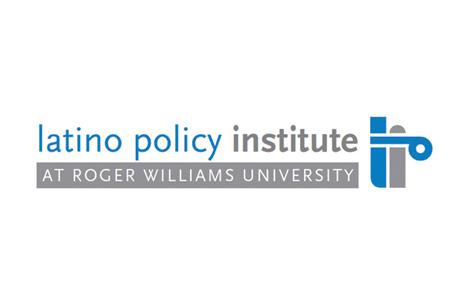
LATINO POLICY INSTITUTE APPLAUDS FEDERAL COURT DECISION FOR 2020 CENSUS
PROVIDENCE, R.I., Jan. 16, 2019 – Tuesday’s federal court decision blocking the inclusion of a citizenship question in the upcoming 2020 census comes as a victory for states, municipalities, and especially many immigrant communities, including Latinos.
When the decision to include a question regarding a person’s citizenship status was announced by U.S Secretary of Commerce Wilbur L. Ross Jr. in March 2018, three Rhode Island municipalities – Central Falls, Providence, and Pawtucket – as well as good-government organizations such as Common Cause Rhode Island and the American Civil Liberties Union took the lead in voicing their concern and opposition. As stated in April 2018 by Central Falls Mayor James Diossa, «This isn’t about immigration policy or partisan politics. We are here because the federal government has taken steps that make it harder for the upcoming census to get an accurate count for all people in the United States.»
Historically, Latinos have been identified as a «hard to count» community during census years due to language barriers, income, education, and immigration status. The potential addition of a citizenship question to the 2020 census would unquestionably exacerbate this problem.
«Ensuring that the census is as available and safe for all communities to participate in is essential – in particular for the Latino community, which is now the largest racial and ethnic minority in the country,» said Marcela Betancur, director of the Latino Policy Institute at Roger Williams University. «Full participation in the 2020 census is imperative to the continuation and access to services and equal government representation, especially in Rhode Island as we face the looming possibility of losing a congressional seat.»
The Latino Policy Institute applauds the more than 161 mayors, 19 state attorneys general, and civil rights organizations that denounced the Trump administration’s addition of a citizenship question to the census for the first time since 1950 – a step that would effectively deter and prevent thousands of individuals from being counted.
About the Latino Policy Institute at RWU: The Latino Policy Institute (LPI) is committed to generating and communicating non-partisan data of Latinos in Rhode Island. The LPI will stimulate public policy discourse and enhance the public’s understanding of the Rhode Island Latino experience. With this information, Latinos’ social, economic and civic contributions to the state can be better documented, understood and engaged.

